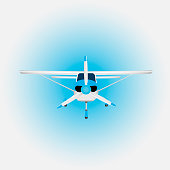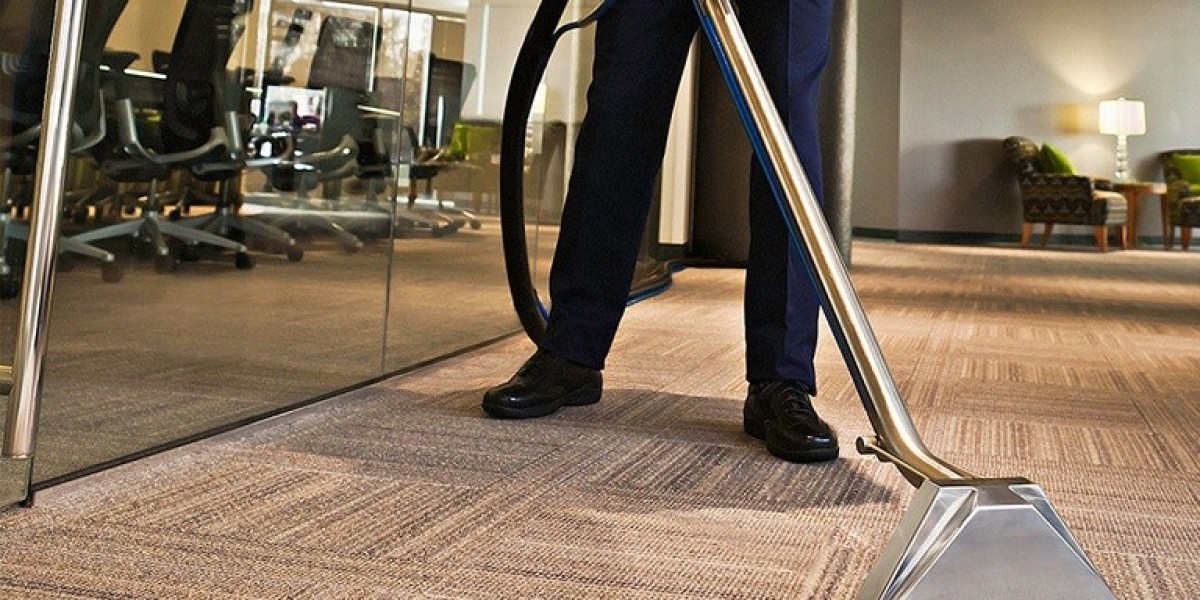Introduction
In recent times, the demand for private airplane charter companies has surged, transforming the aviation industry and offering travelers with unparalleled convenience, flexibility, and luxury. This research delves into the dynamics of private airplane charters, analyzing their development, operational mechanisms, advantages, challenges, and future prospects.

The growth of Private Airplane Charter
The private airplane charter industry has seen important growth, driven by numerous factors such as elevated globalization, the rise of affluent individuals, and altering travel preferences. In response to the National Business Aviation Association (NBAA), the private jet charter cost aviation sector has expanded by over 20% previously decade. This growth is attributed to both business and leisure travelers searching for more efficient and customized journey options.
Operational Mechanisms
Private airplane charters operate via a wide range of fashions, including on-demand charters, fractional possession, and jet card applications.
- On-Demand Charters: This model allows prospects to book flights as needed. Purchasers can choose the aircraft type, departure time, and vacation spot, offering most flexibility. Charter corporations typically have a fleet of assorted aircraft, catering to completely different passenger needs.
- Fractional Ownership: This model permits individuals or corporations to purchase a share of an aircraft, which entitles them to a certain variety of flight hours per 12 months. This feature is in style among businesses that require common journey but are not looking for the complete duty of owning an aircraft.
- Jet Card Programs: This prepaid program permits prospects to purchase a particular variety of flight hours on a specific aircraft sort. Jet cards provide the convenience of guaranteed availability and mounted hourly rates, making them a preferred choice for frequent travelers.
Benefits of Private Airplane Charter
Private airplane charters provide quite a few advantages over industrial airline journey:
- Time Effectivity: Private charters significantly cut back travel time by permitting passengers to bypass lengthy security lines, boarding processes, and layovers. Travelers can arrive on the airport simply minutes earlier than departure and fly directly to their destination.
- Flexibility: Charter flights may be scheduled around the traveler’s wants, permitting for last-minute modifications and the ability to succeed in distant locations that is probably not serviced by business airways.
- Luxury and Consolation: Private jets provide a degree of consolation and luxury that's unmatched in commercial aviation. Passengers get pleasure from spacious cabins, personalized service, and the power to customise in-flight experiences, including catering and entertainment options.
- Privateness: For enterprise leaders and excessive-profile people, privateness is paramount. Private charters offer a secluded surroundings where delicate discussions can happen with out the concern of eavesdropping.
Challenges Facing the Business
Despite its benefits, the private airplane charter industry faces a number of challenges:
- Regulatory Hurdles: The aviation trade is closely regulated, and charter operators must adjust to numerous safety and operational regulations. Navigating these regulations may be complicated and costly.
- Excessive Operational Prices: The cost of operating and sustaining private aircraft may be substantial. Fuel prices, maintenance, and crew salaries contribute to the overall bills, which might have an effect on pricing for customers.
- Environmental Issues: With rising awareness of local weather change, the aviation business faces scrutiny concerning its carbon footprint. Private jets are often criticized for their environmental affect, resulting in requires extra sustainable practices.
- Market Competition: The market for cheap private flights charters is turning into increasingly aggressive, with new entrants and innovative fashions emerging. Established companies should repeatedly adapt to take care of their market share.
Future Prospects
The future of private airplane charters appears to be like promising, with several tendencies shaping the industry:
- Technological Advancements: Innovations in aviation expertise, equivalent to electric and hybrid aircraft, are paving the way for extra sustainable journey choices. Additionally, developments in booking platforms and customer support technologies are enhancing the general buyer expertise.
- Increased Demand for Sustainable Journey: As travelers change into more environmentally acutely aware, the demand for sustainable aviation options is prone to grow. Corporations that put money into eco-pleasant practices and applied sciences might acquire a aggressive edge.
- Enlargement of Services: Charter corporations are increasingly offering additional providers, resembling concierge services, ground transportation, and bespoke travel experiences, to boost buyer satisfaction and loyalty.
- World Market Expansion: Emerging markets in Asia, Africa, and South America present new alternatives for private aviation growth. As wealth will increase in these areas, the demand for private journey is expected to rise.
Conclusion
The private airplane charter industry represents a dynamic and evolving sector of aviation, characterized by growth, innovation, and challenges. With its means to supply unparalleled convenience, flexibility, and luxurious, private charters are increasingly changing into the travel choice of choice for discerning travelers. As the industry adapts to regulatory, environmental, and market pressures, its future will seemingly be shaped by technological developments and changing consumer preferences. Understanding these dynamics is essential for stakeholders in the aviation business, as they navigate the alternatives and challenges that lie ahead.







